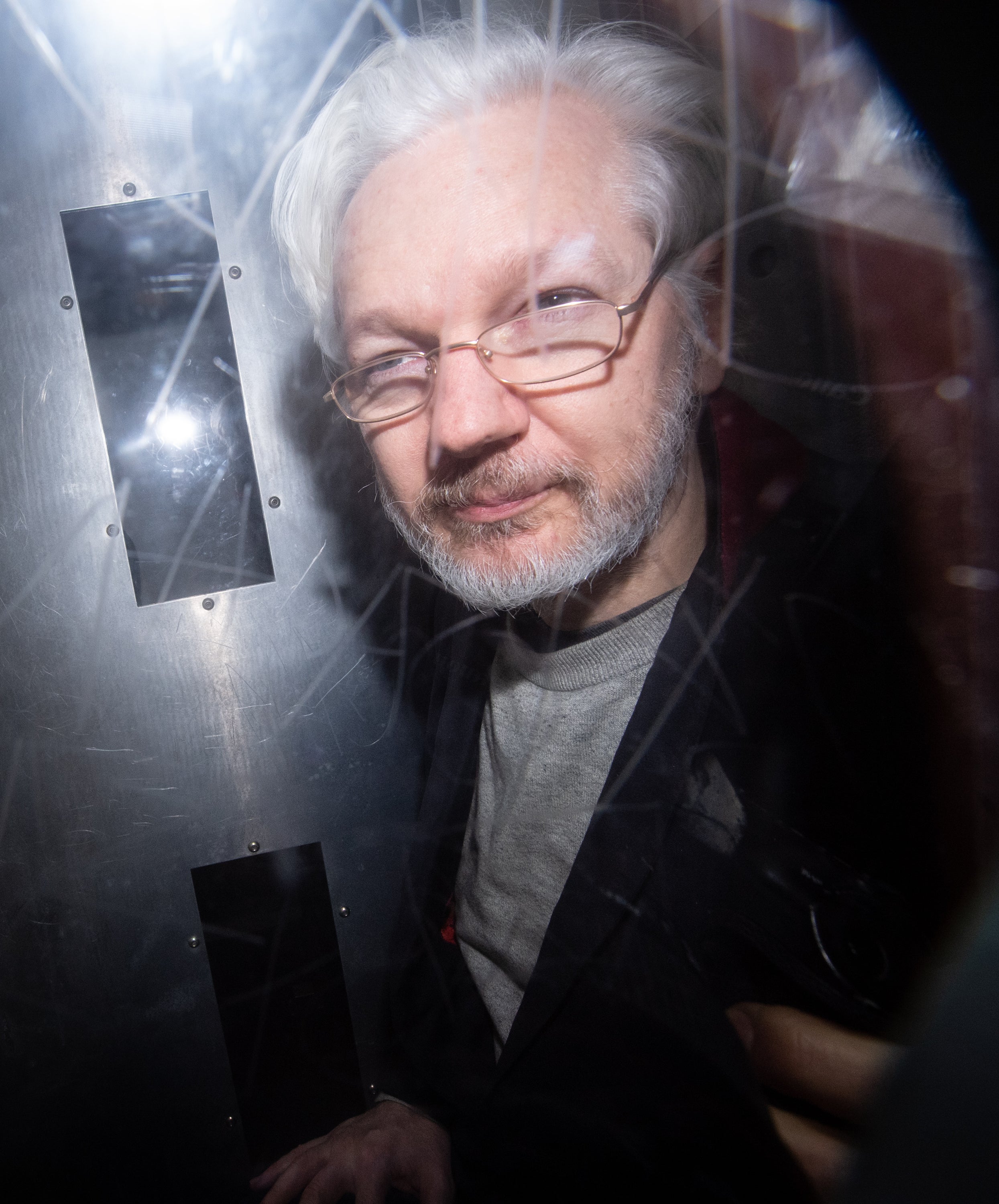No legal basis for leaving Assange in high security prison – human rights expert
The WikiLeaks founder’s health is being ‘destroyed’ as he remains in Belmarsh prison in London, claims the UN special rapporteur on torture.

Your support helps us to tell the story
From reproductive rights to climate change to Big Tech, The Independent is on the ground when the story is developing. Whether it's investigating the financials of Elon Musk's pro-Trump PAC or producing our latest documentary, 'The A Word', which shines a light on the American women fighting for reproductive rights, we know how important it is to parse out the facts from the messaging.
At such a critical moment in US history, we need reporters on the ground. Your donation allows us to keep sending journalists to speak to both sides of the story.
The Independent is trusted by Americans across the entire political spectrum. And unlike many other quality news outlets, we choose not to lock Americans out of our reporting and analysis with paywalls. We believe quality journalism should be available to everyone, paid for by those who can afford it.
Your support makes all the difference.Accusations of the psychological torture of Julian Assange have not been addressed, with no legal basis for leaving the WikiLeaks founder locked up in solitary confinement in a high security prison, a human rights expert has claimed.
Nils Melzer, United Nations special rapporteur on torture, said Mr Assange’s health is being “destroyed” as he remains in Belmarsh prison in London as the United States continues to try to extradite him.
Mr Assange does not have access to his lawyers and is prevented from preparing his legal case, said Mr Melzer.
There is no legal basis for keeping him in a high security prison
The UN official, speaking about his book The Trial Of Julian Assange, said allegations that Mr Assange hacked sensitive information were based on fabricated evidence.
“There is no serious crime he is being accused of. There is no legal basis for keeping him in a high security prison,” Mr Melzer told a media briefing organised by the Foreign Press Association.
He said he declined to become involved when he was first approached, shortly after Mr Assange sought refuge in the Ecuadorian embassy in London, but acted after receiving medical reports.
Mr Melzer visited the WikiLeaks founder in prison, saying: “I did not expect to find torture. What I found shocked me.”
He claimed “mass violations” of Mr Assange’s human rights, which he added have not been properly addressed.
Facts surrounding the case have been “deliberately distorted”, claimed Mr Melzer, adding that the governments of the UK, US and Sweden have refused to engage with him constructively.
He claimed there was a “wall of silence” surrounding the treatment of Mr Assange, saying he has been shocked by the lack of response from the public.